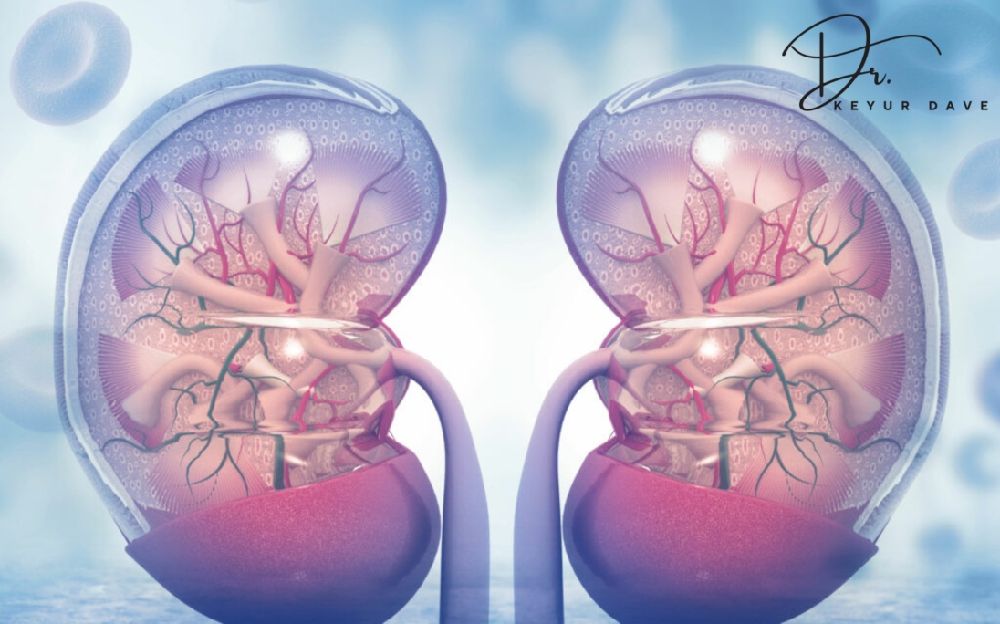
Nephrology—the medical specialty focused on kidney health—has seen rapid advancements in recent years. As the global burden of kidney disease continues to rise, innovations in diagnostics and treatment have become essential to improving patient outcomes and quality of life.
In this article, we explore the most recent developments shaping the future of nephrology.
1. Artificial Intelligence (AI) and Machine Learning in Kidney Care
AI is revolutionizing how nephrologists diagnose and manage kidney disease. Predictive algorithms are now being used to:
-
Identify patients at high risk of CKD progression
-
Analyze imaging and biopsy results with greater accuracy
-
Optimize dialysis schedules and outcomes
AI-driven tools like DeepMind’s Streams app have shown promise in detecting acute kidney injury (AKI) earlier than traditional methods.
2. Biomarkers for Early Detection
Traditional tests like serum creatinine and eGFR often detect kidney disease late. Recent research has identified novel biomarkers, such as:
-
Neutrophil gelatinase-associated lipocalin (NGAL)
-
Kidney Injury Molecule-1 (KIM-1)
-
Cystatin C
These biomarkers offer earlier, more sensitive detection of kidney damage, allowing for earlier intervention and potentially improved outcomes.
3. Portable and Wearable Dialysis Technologies
Innovations in dialysis are improving convenience and patient mobility. Key developments include:
-
Portable dialysis machines for home use
-
Wearable artificial kidneys, which are still in trial stages but promise continuous filtration
-
Remote monitoring tools to help clinicians track treatment adherence and complications in real-time
These technologies are shifting dialysis from hospital-based care to more patient-centered, home-based solutions.
4. Regenerative Medicine and Stem Cell Therapy
Researchers are exploring ways to repair or regenerate kidney tissue using stem cells. While still in experimental stages, stem cell-based therapies hold potential for:
-
Delaying or even reversing CKD progression
-
Reducing reliance on dialysis or transplant
-
Enhancing recovery from acute injuries
Breakthroughs in 3D bioprinting and tissue engineering may one day enable the creation of functional bioartificial kidneys.
5. New Drug Therapies and Precision Medicine
Several novel drug classes have emerged, improving outcomes for CKD patients:
-
SGLT2 inhibitors (e.g., dapagliflozin, empagliflozin) are now proven to slow CKD progression in both diabetic and non-diabetic patients.
-
Endothelin receptor antagonists and anti-inflammatory agents are being studied for glomerular diseases.
-
Precision medicine approaches are using genetic and molecular profiling to tailor treatments to individual patients, particularly in rare conditions like polycystic kidney disease (PKD).
Conclusion
The field of nephrology is undergoing a transformative shift, driven by technological, pharmaceutical, and scientific innovation. These advances not only enhance early detection and treatment but also hold the promise of a more personalized and proactive approach to kidney care.
As research continues to evolve, the hope is that kidney disease will be managed more effectively—and perhaps one day prevented or cured altogether.

.png)